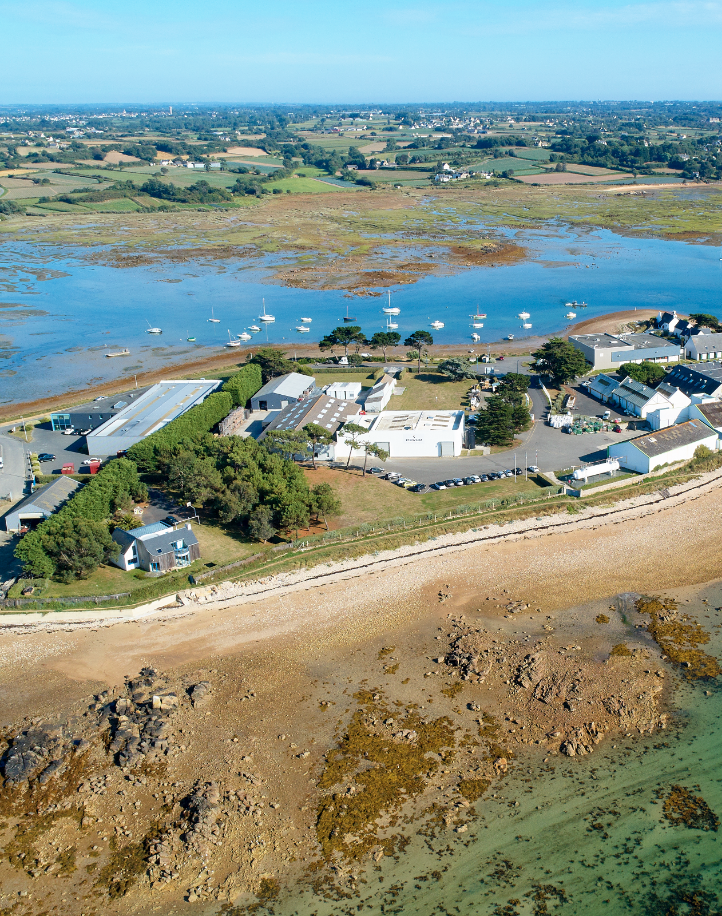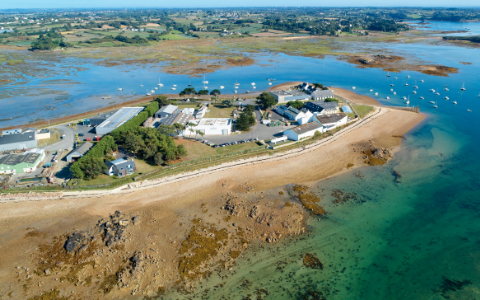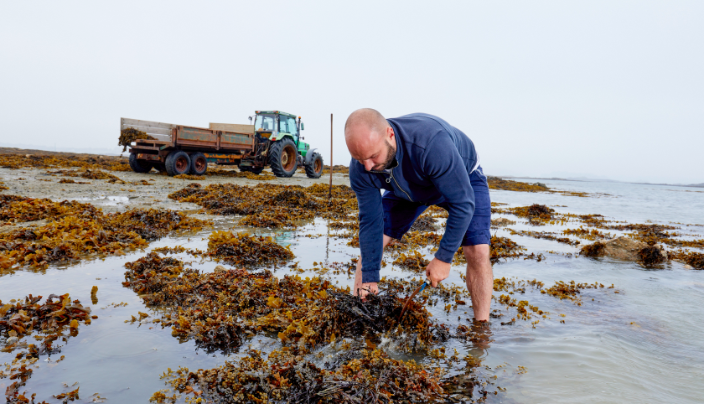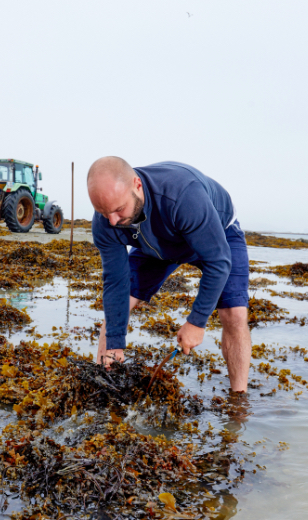Our site is closing soon….
for cosmetics, food and nutraceuticals
Following the cessation of our activity
This page will remain active until 12/31/2025



Contact Us
If you have any questions, you can contact us at orders@nuwen.fr
Once again, a huge thank you for your trust and loyalty.


Once again, a huge thank you for your trust and loyalty.
